
Have your say on Mardi Gras name change
The Sydney Gay and Lesbian Mardi Gras has launched an online survey to allow members of the community to have their say about the naming of the organisation and its events.
In November 2011, the organisation changed its name from New Mardi Gras back to Sydney Gay and Lesbian Mardi Gras after almost ten years. The return to the old title was “recognition that the event remains owned by the city’s gay and lesbian community, even as it embraces involvement from the wider community”.
The other name change saw the annual festival renamed Sydney Mardi Gras (presented by Sydney Gay and Lesbian Mardi Gras).
Community reaction was divided, with some upset that the words gay and lesbian did not appear in the festival name.
Now that the 2012 season has been delivered under the new name, Mardi Gras is seeking feedback in order to inform future planning. The results of the survey will be compiled in a report to be published prior to the organisation’s Annual General Meeting in August. At the AGM, members will be able to vote on a motion regarding what names will be used.
Visit http://www.mardigras.org.au/survey/index.cfm to complete the survey, which will be open until COB Friday July 6.

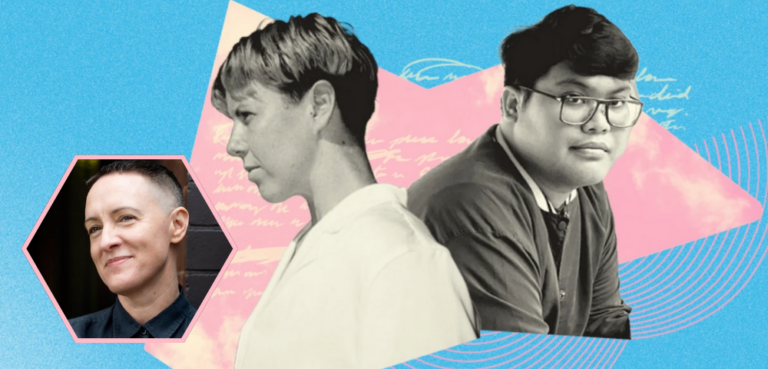
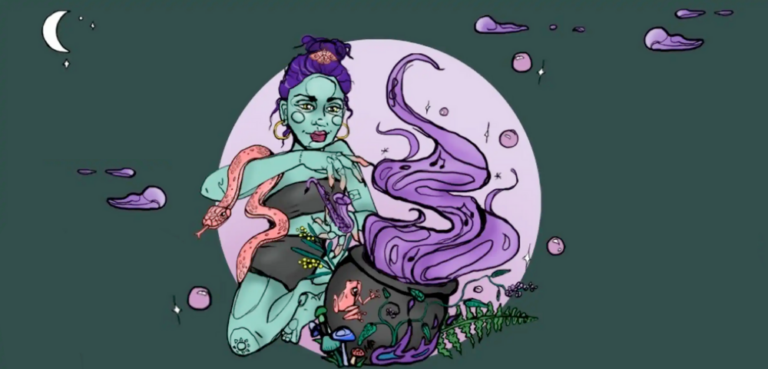

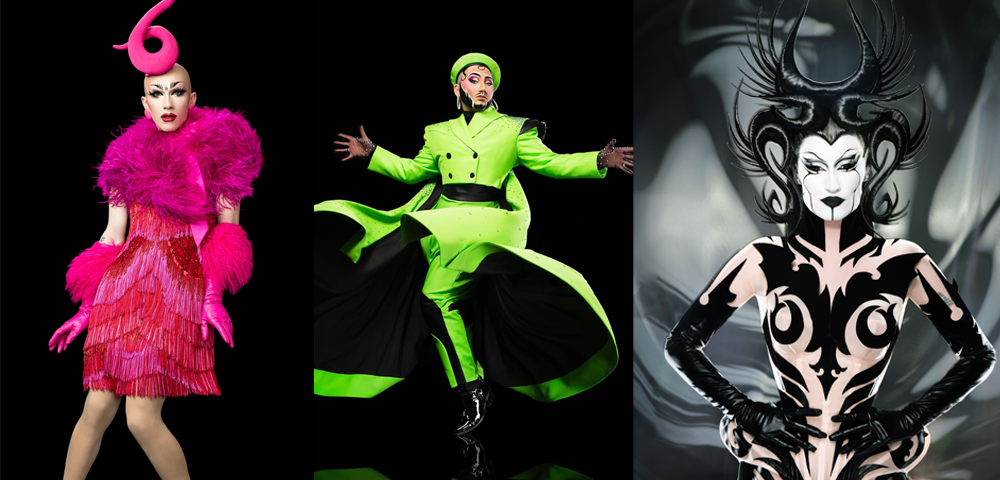
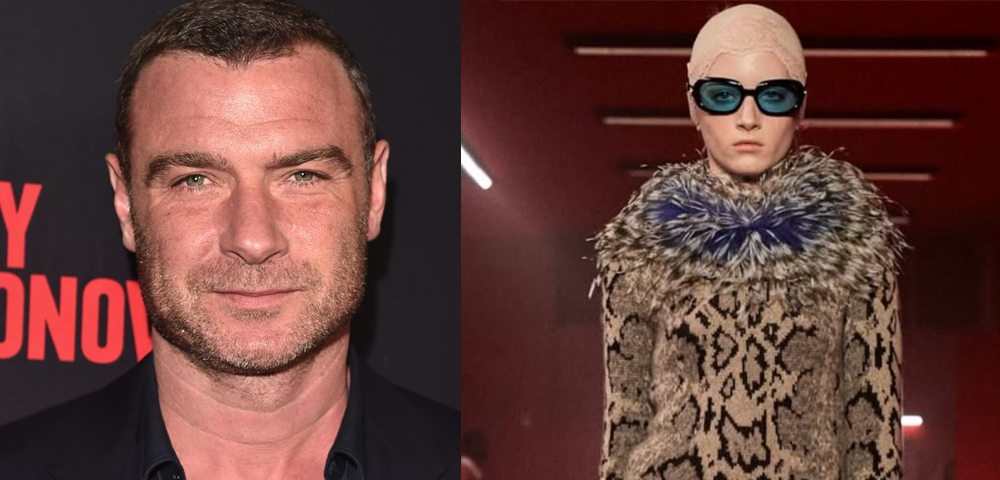
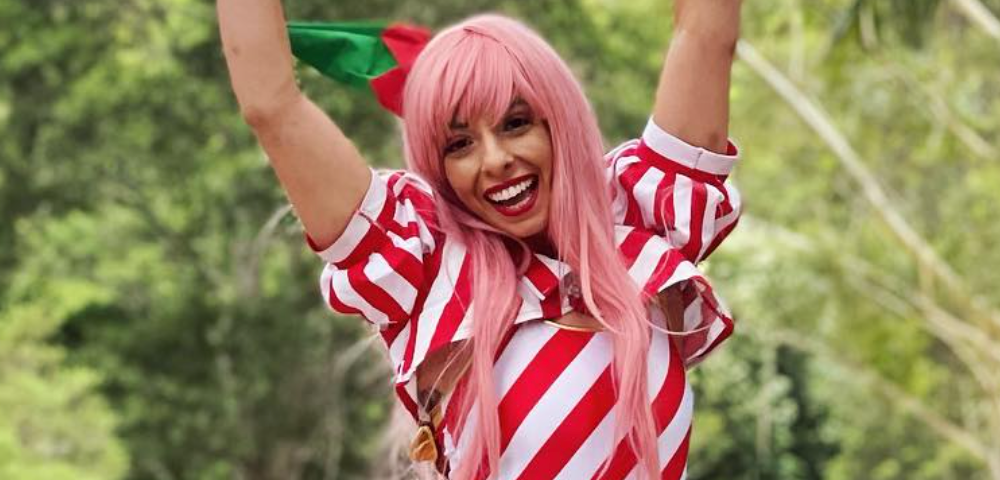
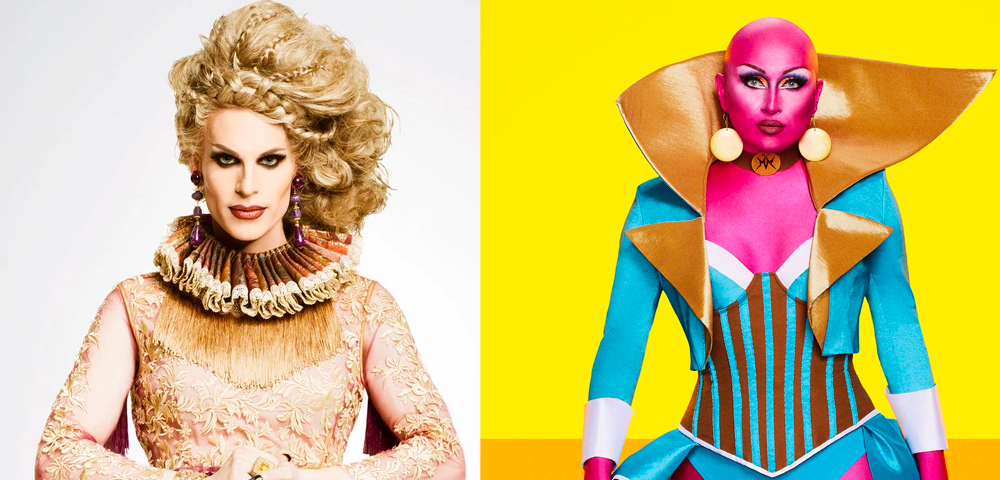
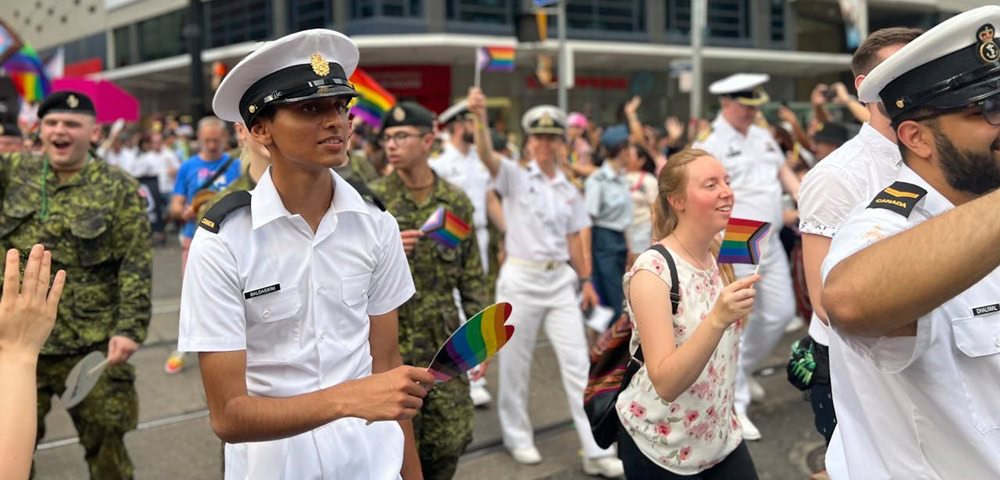

I’ll explain a bit more about why the SSO survey on this name change issue was a scandal. The survey asked “Should Gay and Lesbian be removed from the Mardi Gras logo?” You were given these possible answers: “No, It’s about history” “Yes, its about being inclusive” or “I don’t care”. The SSO doesn’t usually include its value statements as part of survey questions. At first, for at least the first night, you could vote as many times as you liked. I and others found this and an online comment was made complaining about it. Most votes were taken during this initial period. After the complaint you could no longer vote multiple times but the SSO denied that had ever been any different, holding up the legitimacy of the survey. They were wrong to do this.
The SSO survey was the only one to show majority support for the name change. Several others conducted near that time (by samesame.com.au, the Sydney Morning Herald website, SX newspaper and the SGLMG’s own survey) showed an inversion of the Star’s survey with a relatively small level of support for the name change and a big majority supporting the continuing use of “Sydney Gay and Lesbian Mardi Gras” as the parade name. The SSO survey was used by supporters of the name change and New Mardi Gras to say there was support for the change. It was a shameful episode for the SSO.
You can find the SSO survey here:
https://starobserver.com.au/news/australia-news/new-south-wales-news/2011/11/17/mardi-gras-circle-of-love/65898
To have an effective democratic system you need good journalism and debate. For community organisations to have a viable future they need to go to their community and ask: “What do you really think of this issue?” before taking action on matters affecting the mission of the organisation. What they do also needs to be reasonably transparent and open to community input.
Instead of putting down opponents in online forums as wingers, characterising it as bickering, why not engage in meaningful debate? Why not argue the point instead of trying to put down the forum for debate as a way to attempt to close down criticism?
Some of you talk as if this is all new. The name has always been a sore point. The question is why it hase to be revisited every few years. It hardly shows confidence in your public profile let alone loyalty to your membership base.
In the beginning it was just Gay Mardi Gras then lesbians fought – very hard – to be included.
Then people who don’t like the words gay or lesbian insisted on having Queer added.
Then the bisexuals said what about us.
Ditto the trans and intersex.
Then came the financial collapse and it was ‘New’.
Now… it seems to me icky words like ‘gay’ are a stumbling block on that heterosexual wedding aisle. That’s all.
What next? All we need is for a gay icon to die tragically and it’ll be the GaGa Mardi Gras.
Yeah that’s right Darren, all those volunteers who so freely give their time, effort and expertise so you can enjoy a wonderful few weeks of fun and frivolity should be publicly hung for daring to try and grow the organisation to ensure its longevity.
And the people at SSO, who work hard to bring you the news every week for free, should all be sacked for not reporting the way you want them to.
You remind me of everything that is wrong with queer Sydney – bad attitude, poor vision and an inability to accept that change is vital to ensure longevity.
It’s not 1978 anymore, or evern 1988, or 1998 or 2008 … the world has changed and Mardi Gras must change with it to remain relevant and representative to all people in our community.
The great thing is that – despite the predictions by people like Darren that this year’s Mardi Gras would be a failure because of the name change, and calls for a boycot – it was in my opinion one of the most colourful, energetic and politically motivated parades (and parties) I have seen in many years. Surely that speaks to the event more than some silly community bickering over a change of event name?
And seriously Stuart Baanstra – do you ever chime in with a comment that amounts to something more than a generalised statement without a basis in fact?
If SSO is guilty of anything, it is allowing your baseless, pointless and fanciful statements to get through to this point.
Thanks Andrew, thats how this debate should be focused. The changes are not about money – they relate to inclusion and sustainability for OUR communities. The parade cannot survive on the efforts of Darren and Stuart above – that is, constant criticism without any direction for the future. Does anyone believe the dwindling membership numbers pay for even a modest component of the parade ? It must increase its relevance to a wider audience.
Kyle, it’s more relevent to compare today’s parade to what it was just a few years ago or even the 90’s parades. Things have changed but there are other things that have stayed the same: like harassment at work, at school or on the street.
You might stand on a street corner in Darlinghurst or Newtown and ocasionally see a gay or lesbian couple walk past holding hands but such a sight is rare in the Sutherland Shire or just about anywhere outside the inner city. There’s a reason for that and it’s not just that there are lower numbers of gays and lesbians. Its been an expensive logistical event for a long time now. The major sponsors came on board before the name change, so how are you saying the name change will help financially?
When it was announced and in the piece New Mardi Gras Chair Peter Urmson wrote for the Herald the name change was then treated as an historic change by the organisation itself. Do you remember how much of a big deal the change was made out to be at that time by the organisation itself? Now it seems they believe the best way to hang onto the change is to downplay its significance.
They are also seeking to use the way this year’s Parade went to bolster their case. They’d like to pretend its that simple. They aren’t running so much on the virtues of the name change as they did at the time but are distancing themselves from the issues they once raised themselves.
Of course its a big change and it involves far more recent history than what happened in 1978. SGLMG has been a huge event for much of its 35 year history and its central theme has been coming out and the lives of gays and lesbians. There are things that a name and only a name can do. Words count for a lot in this world and the words “Gay and Lesbian Mardi Gras” ,upfront and unapologetic, have gone into every corner of the world along with the images of us celebrating and taking over the streets. The happy images have also gone into the living rooms of all Australians and those words “Gay and Lesbian” make it clear what it’s about for all who would like to deny our humanity.
Taking out the words Gay and Lesbian from the name greatly reduces the ability of the parade to spread the message its there for. We want to reach people who haven’t been to the parade, who maybe don’t have much contact with gay and lesbian people and the upfront use of those words plays a vital role in achieving this.
Kyle, get a life!
Kyle I think you raise a good question: “How can anyone watch the parade and not know it is LGBTQI and understand its origins?” Exactly how important is the identity contained in a name? How does an outsider immediately begin to understand the significance and meaning of an event when it is branded with no specific identity? And that is a debate that needs to happen.
At the community meeting early this year regarding cocerns about the name change we were promised by the SGLMG board a full consultation process and then a report back to the 2012 AGM. I certainly imagined that this would include opportunities to have debate, oppportunities to read different points of view so that the members and the community could make an informed decision about the name change. It was promised that this process would commence immediately after the season end.
Now some months later, and only a fairly short time before the AGM, we have seen no open discussion forum opportunities, no feedback from the board re progress of the consultation and no opportunity taken to develop opinion pieces in any of the media platforms or position papers made available on the SGLMG website.
Instead we have a very brief survey that asks what we think the name should be and given three options (one of them being ‘other’). In addition to that, the only comments preceding the survey regarding community concerns about the name change read “Community reaction was divided with some people thinking that the name was more inclusive and forward-thinking, whilst others were upset that the words gay and lesbian did not appear in the festival name” These comments not only trivialise the concerns of those who oppose the name change to Sydney Mardi Gras (we are not just upset, we have legitimite concerns regarding the change)but it also potentially influences people in their voting choice (ie being forward thinking and inclusive vs being a bit upset).
I agree that the question needs to be asked in a some form such as this survey, however, the question should not have been asked until after there had been discussion and debate. Then the community could make an informed decision. The results of this survey will not be based on informed decision making. Whatever the result, when that result is presented to me at the AGM, I will not know how if it is a true reflection of the community feeling as the choice was not based on good information.
There needs to be opinions heard and debates had before any votes are taken. I clearly currently have a strong opinion one way, but I want to hear from all sides so that i can understand all points of view and then make a decision afer I have all the information. So how about it?
@Darren: your comment about loss of identity of the event is ridiculous. How could anyone watch the parade and not know it is LGBTQI and understand its origins.
No-one can deny the importance of the 1978 protest march. The Mardi Gras Parade of today is a different beast – we must embrace change or it will die. It is no longer a few banners and people, it is an expensive logistical event. Its is still very important to LGBTQI people globally. The use of gay and lesbian alone is so limiting. Stop thinking about the past and think of the future.
Darren, in a nutshell, SSO is corrupt.
Will submissions be published online using the transparency seen in the “It’s Your Parade” consultation? A healthy thing for democracy and the community would be a genuine public debate over the issue in the months leading up to the vote. The debate shouldn’t be relegated to an in-house New Mardi Gras ‘consultation’ process.
Removing the ‘Gay and Lesbian’ from the name of the Parade is not a cosmetic issue, not a matter of mere branding. The identity of the event will be changed over the long term and it will have an influence on the future of the Gay and Lesbian community in Sydney. A proper debate beyond the tactics of branding and PR that New Mardi Gras has so far engaged in is necessary.
After the debate then a more complete plebiscite than an AGM of the membership of New Mardi Gras is needed. Usually less than 5% of the membership attend the AGM and the proxy votes collected by a few people have decided important issues. A more democratic way of voting on what the name will be is a plebiscite of the membership taken over a number of weeks with voting methods convenient to the membership so as to maximise participation.
Star Observer your article underplays the significance of changing the event name, giving that change equal if not lesser significance to the change to the organisation’s name.
The story is not about the organisation name change, which was uncontroversial yet you report it again in the article as part of the ongoing story as if the organisation name change should allay concerns about the event name change.
The event name is the far more significant title, the one which appears over and over in advertising and the mainstream media. It describes the gay and lesbian community’s most significant public event in this country but now it doesn’t have the words gay and lesbian in it. The significance of coming out is what distinguishes the gay and lesbian communities, a defining strategy that allowed them to emerge and campaign for equality, yet with the change of name our most significant event no longer symbolises coming out even though the struggle for both social and legal equality is far from over.
Your reporting at the time of the name was changed was appallingly biased and you carried that bias through to the conduct of your survey about the matter. When will you go back to the original not for profit, community oriented charter you were founded on by reinstating fair journalism on this and other issues that you report on? Or is the fate of this news organisation to be a voice for conservative, unresponsive politics by performing a whitewash of the real concerns of the gay and lesbian communities?